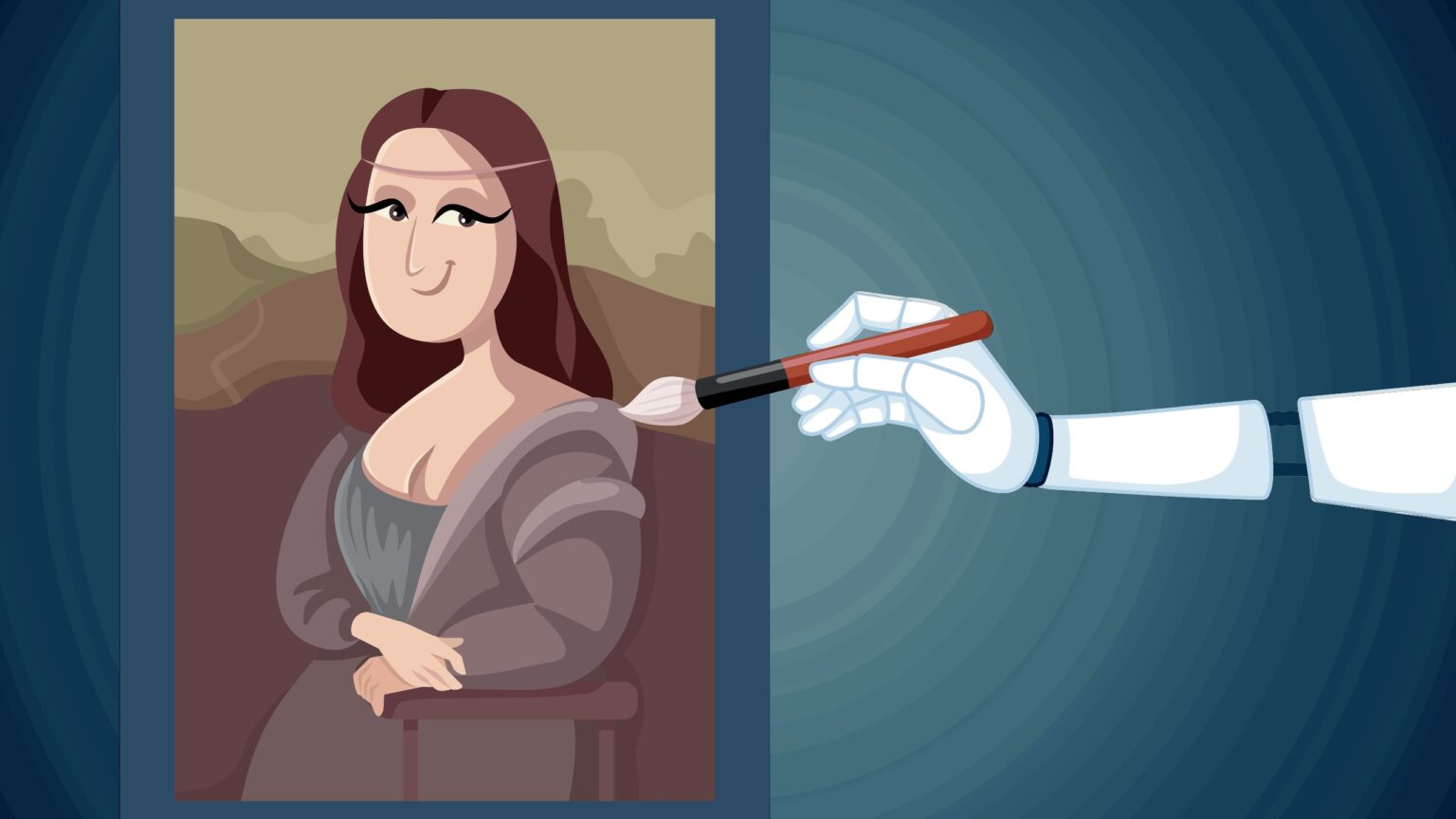U.S. District Judge Beryl A. Howell ruled on August 18, 2023, that the U.S. Copyright Office was correct in determining that only works created by humans are entitled to copyright protection.
After being denied copyright registration for an artwork his AI system, the Creativity Machine, had generated autonomously, Stephen Thaler, CEO of neural network startup Imagination Engines, challenged this attitude.
Big AI court ruling today: District Court affirms Copyright Office's posture that AI-generated art can't be copyrighted because it lacks human authorship pic.twitter.com/QwgSVecpnZ
— Adam Kovacevich (@adamkovac) August 18, 2023
No copyright for machine-created art
The ruling resulted from a lawsuit filed by Stephen Thaler, CEO of neural network firm Imagination Engines, against the United States Copyright Office for rejecting his request to register an artwork created by an artificial intelligence system, the Creativity Machine.
Thaler had argued that the work, titled A Recent Entrance to Paradise, was “autonomously created by a computer algorithm running on a machine,” and that ownership should be granted to him under the work-for-hire doctrine.
Judge Howell, however, asserted that human involvement in the creative process is essential for copyright protection. “Human authorship is a bedrock requirement,” she wrote. Moreover, the judge pointed out that copyright law has always been grounded in the notion that human ingenuity is at the core of copyrightability, even as new technologies emerge.
Historical precedents
To support her decision, Judge Howell cited cases where the importance of human authorship was upheld. In one such case, Burrow-Giles Lithographic Company v. Sarony, the Supreme Court recognized that photographs could be protected by copyright, provided they were products of original intellectual conceptions by human authors. Another case involved a photograph taken by a monkey, which was ruled ineligible for copyright because animals do not qualify for protection.
In her ruling, Judge Howell emphasized that copyright law incentivised individuals to create and invent.
From its start, “the practice of human invention” and “how best to encourage human individuals to engage in that creation” to advance “science and the useful arts” were at the heart of American copyright, as she said.
The implications and future of AI copyright
As the use of AI in creative industries continues to rise, questions about the legal and ethical implications of AI-generated content become more pressing. While AI-assisted works may be eligible for copyright if a human significantly contributes to the creative process, the extent of necessary human involvement remains unclear. AI models are often trained on pre-existing works, further complicating the matter.
Thaler’s attorney, Ryan Abbott of Brown Neri Smith and Khan LLP, indicated they plan to appeal the ruling. Meanwhile, the Copyright Office upheld that AI-generated works aren’t typically copyrightable. Still, AI-assisted materials could qualify for protection when a human has “selected or arranged” the work in an “original and creative” manner.
The ruling arrives amid a flurry of legal battles surrounding AI training on copyrighted works. Artists and authors have sued AI companies, alleging copyright infringement. As a result of these incidents, major adjustments may need to be made to how AI systems are created and taught.
Therefore, as the convergence between AI and intellectual property law expands, clarity on these complicated concerns becomes increasingly vital for artists, AI developers, and the wider public. Hence, the need for a legal framework that balances human authors’ rights and AI tools’ potential to facilitate creativity becomes more apparent.









 and then
and then